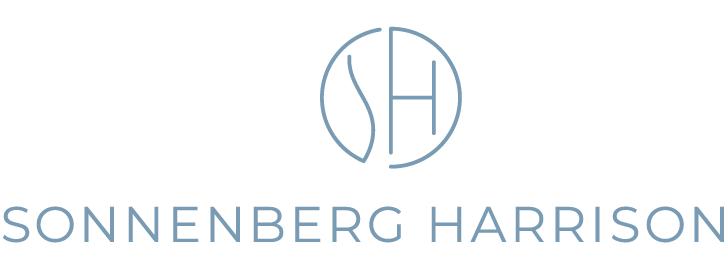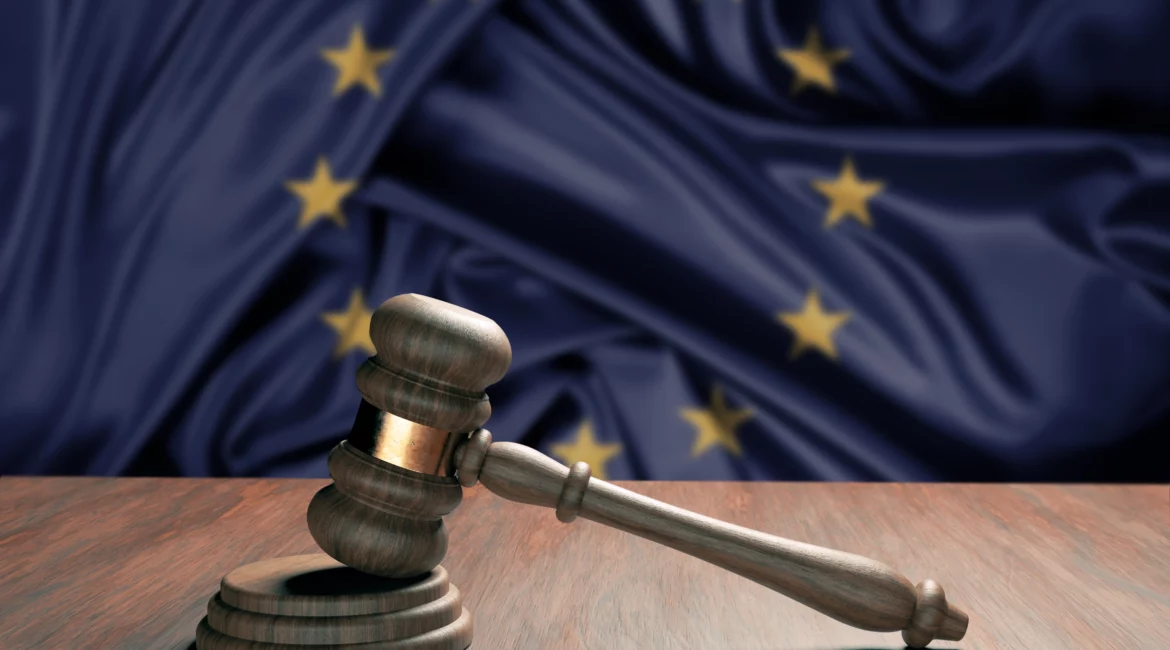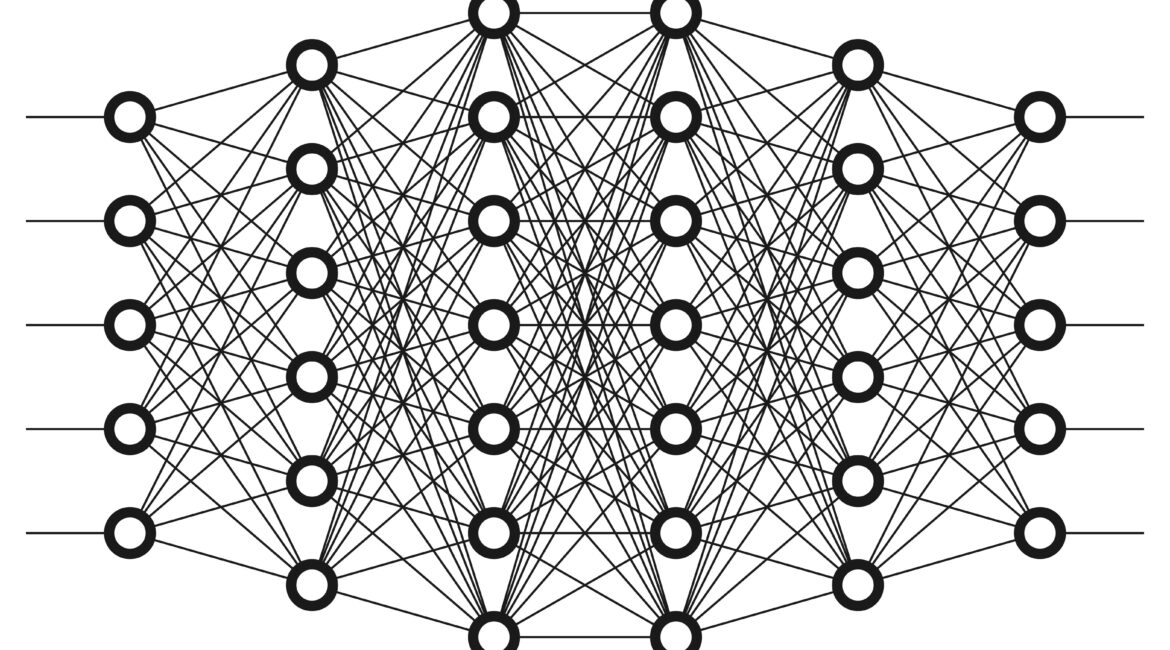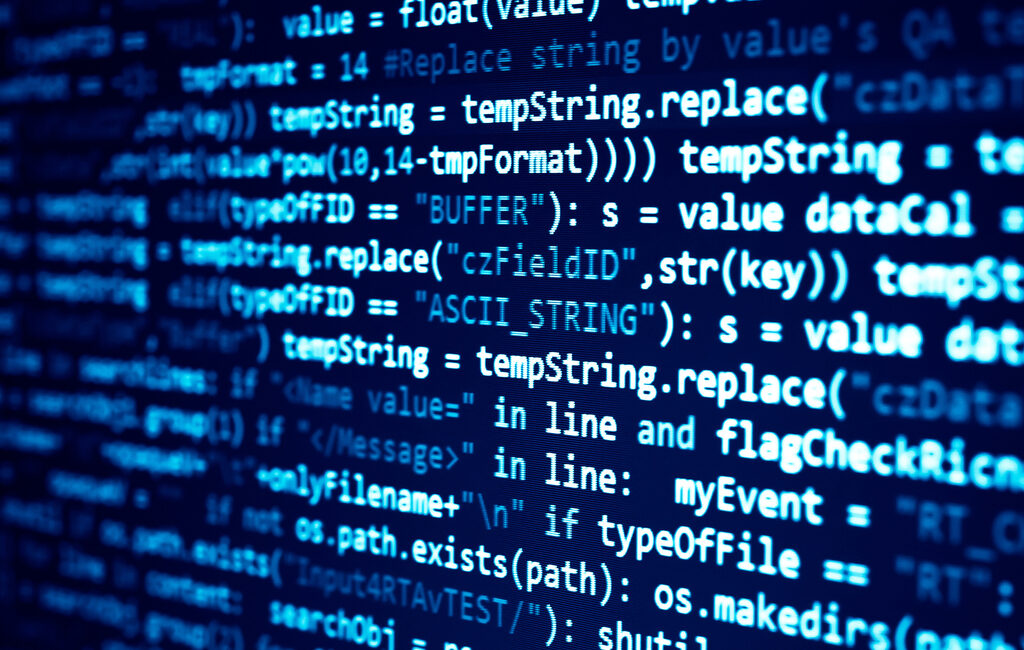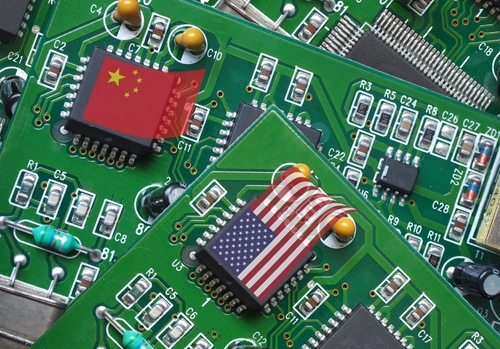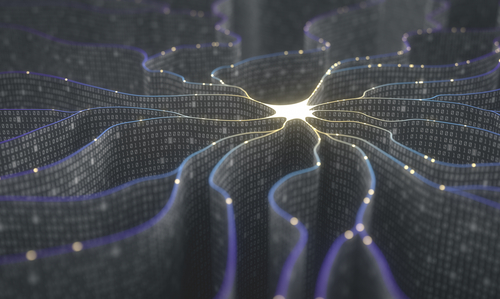In a significant ruling delivered on September 27, 2024, the Hamburg Regional Court (LG Hamburg) in Germany addressed the growing tension between copyright law and the use of copyrighted materials for training artificial intelligence (AI) models. The case highlights the complexities of copyright when images are used for AI training...
Improving reinforcement learning alone is not inventive
The European Patent Office's Board of Appeal highlighted in case T1952/21 that claiming an improvement in reinforced learning alone is not sufficient to justify the grant of a patent. The patent application was directed to a machine learning system using reinforcement learning. The description explains that, in reinforcement learning, an...
Transition Timetable for the European AI Act
The European AI Act (Regulation (EU) 2024/1689) was published in the EU’s Official Journal on 12 July 2024 and entered into force on 1 August 2024. The timetable for the phased transition of the Act can now be determined: 1 August 2024: The AI Act enters into force (20 days...
European Parliament approves AI Act
On 13 March 2024, the European Parliament approved the EU's Artificial Intelligence (AI) Act. The text was agreed in negotiations with EU member states in December 2023 and has now been endorsed by members of the European Parliament. The new law aims to protect fundamental rights, democracy, the rule of law and...
US Patent Office – Guidance for AI Inventions
The US Patent and Trademark Office has issued a document to provide detailed guidance on inventorship in the context of AI-assisted inventions. The guidance clearly states that inventions created with the assistance of artificial intelligence (AI) are not categorically unpatentable, but the document emphasizes that even if AI plays a...
AI Machine as an Inventor
The UK Supreme Court has decided that an artificial intelligence machine cannot be considered to be an inventor in British patent law. The case "Thaler v Comptroller-General of Patents Designs and Trade Marks" involved an appeal regarding two patent applications filed by Dr. Stephen Thaler under the UK Patents Act...
Patenting an Artificial Neural Network in the UK
The UK High Court recently issued a significant judgement on the application for a patent directed to an artificial intelligence network and overturned the UK IPO’s rejection of the patent application. The court disapproved the argument that the recommendation system, controlled by a trained artificial neural network (ANN), was excluded...
Inventions based on Data Collection
The European Patent Office is still developing its case law on inventions which involve the collection and use of data. A few years ago, the Enlarged Board of Appeal in case G1/19 reviewed a patent application relating to the simulation of the movements of pedestrians. It concluded that the application...
US Clampdown on High-Tec Investments
US President Joe Biden's Executive Order clamping down on high-tec investments in China has also major implications for European companies. The order must be complied with by any "United States Person" and this includes not only companies with headquarters in the US or organised under laws of US states, but...
Artificial Intelligence, Inventive Step and Disclosure
A further decision from the European Patent Office’s Boards of Appeal illustrates the challenges faced by patent applicants when filing for patents for artificial intelligence (AI) inventions but also provides a number of suggestions on the level of detail that the patent office requires when disclosing the invention. The decision...
